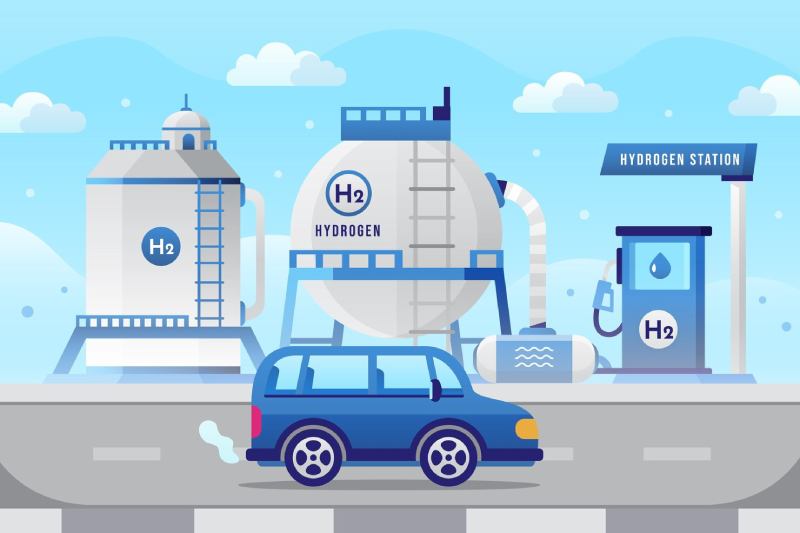Algeria, located in North Africa, is the continent’s largest country by land area, spanning over 2.38 million km2. [1] It is characterized by vast desert regions, notably the Sahara Desert, which covers more than 80 per cent of its territory. Algeria’s strategic geographical location—bordering the Mediterranean Sea to the north and neighboring key African nations—makes it a crucial player in both African and Mediterranean energy markets.
The country’s arid southern regions receive some of the highest solar irradiance globally, averaging over 5.5 kWh/m² per day[2], offering enormous potential for solar energy development. Additionally, certain areas along the northern coast and central highlands exhibit favorable wind conditions, presenting significant wind energy prospects.
Algeria’s power sector is predominantly state-owned, with Sonelgaz overseeing electricity production, transmission, and distribution. The sector has been traditionally reliant on fossil fuels, particularly natural gas, which currently accounts for over 95 per cent of the country’s electricity generation capacity.[3] The total installed capacity as of 2024 exceeds 25 GW, with natural gas-fired plants forming the backbone of electricity supply.[4]
To address its heavy reliance on hydrocarbons and align with global decarbonization trends, Algeria has set ambitious targets for renewable energy development. The country aims to increase renewable energy production by 30 per cent by 2035, with a target of 15 GW.[5]
Algeria, blessed with rich natural resources and significant solar energy potential, is well-placed to become a major player in green hydrogen production. The country's varied geography and climate provide a solid base for large-scale renewable energy projects.
Algeria possesses significant renewable energy and green hydrogen potential, benefiting from some of the highest solar irradiance levels globally. The country also has a well-established gas infrastructure linked to Europe, which could be repurposed for hydrogen transport in the future.
The country has recently joined the hydrogen investment race in the MENA region. The Algerian government released its National Hydrogen Development Strategy and signed a few cooperation agreements with Germany, Italy, and other international partners to explore hydrogen production opportunities.
In March 2023, Algeria introduced its National Hydrogen Strategy, aiming to become a major player in the global green hydrogen market by 2040. The strategy adopts a phased approach to building a hydrogen economy, capitalizing on Algeria's rich renewable energy resources and strategic location.
The strategy is divided into three phases [1] :
By 2040, Algeria aims to:
The strategy emphasizes the development of an adapted regulatory and institutional framework by 2025 to facilitate hydrogen sector growth. This includes capacity building, adapting education and training programs, and establishing specialized curricula to develop human capital in the hydrogen sector. Infrastructure

Algeria boasts some of the highest solar and wind potentials globally. As the largest country in Africa, with over 80 per cent of its area covered by desert and a 1,200 km coastline, Algeria enjoys an average solar irradiation of 2,000 hours per year, reaching up to 3,900 hours in the South. These conditions make it well-suited for hosting renewable energy power plants, positioning it as a potential leader in green hydrogen production and export. [1]
Algeria's existing oil and gas infrastructure provides a solid foundation for future hydrogen production and distribution. The strategically established oil and gas pipelines across the country can be repurposed for hydrogen transport. Algeria has extensive gas pipeline networks with a transportation capacity of 406 Mtoe and a national gas transportation system spanning over 23,000 km. [2]
Additionally, Algeria's multiple ports along the northern coastline serve as logistical hubs for importing and exporting hydrogen-related equipment and resources. The presence of desalination plants in the northern regions further supports hydrogen production through electrolysis, which requires significant water resources. Overall, the established infrastructure, along with plans to expand in the south, positions Algeria well for hydrogen production, transportation, and distribution.
As of 2025, Algeria does not have established facilities for manufacturing electrolysers, which are essential for green hydrogen production.